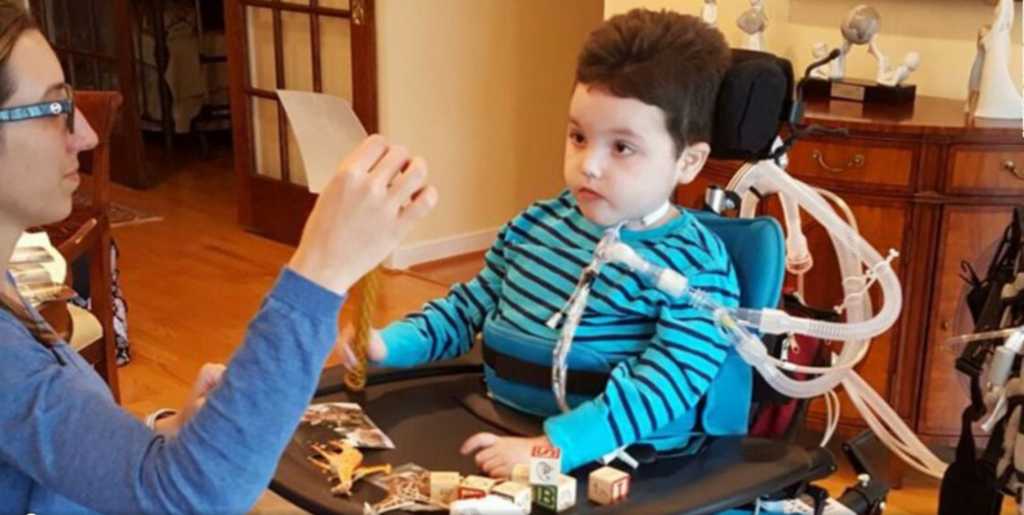An American father whose son was diagnosed with the same rare disease that Charlie Gard has spoke to CNN about the experimental treatment he underwent.
Arthur Estopinan’s son, Arturo, was diagnosed with mitochondrial DNA depletion syndrome in 2011 when he was 1 year old. The disease, which was a less severe variation than Charlie Gard’s, causes muscle weakness and a loss of motor skills, making standing, walking, eating, talking and even breathing extremely difficult.
READ: Congresswoman Whose Own Baby Miraculously Survived Steps Up in a Big Way to Help Charlie Gard
After Arturo’s diagnosis, doctors initially told Estopinan and his wife that there was no medical treatment for their son’s condition and that he would die within months.
Still, the couple was determined to find a way to help Arturo.
“I started calling all of the doctors I could, from Harvard to Stanford and everyone in between, Ohio, and all of the major pediatric medical centers,” Estopinan told CNN. “Eventually, the last one was Dr. Hirano in New York City. I was this close to telling my wife, ‘there’s nothing we can do.’ Thank God, Dr. Hirano said, ‘we’re doing a clinical protocol, and we believe these medications will help your son.'”

Dr. Michio Hirano, a neurologist at Columbia University Medical Center, developed an experimental therapy that has been used on at least one known American patient – Arturo.
The treatment, the same one that Charlie Gard’s parents want for their son, allowed Arturo to start moving his muscles, Estopinan said.
Soon, with God’s will, Arturo will be able to dance, Estopinan said.
“They have allowed him to get stronger by moving his arms, his fingers, his legs. He’s even trying to move his hips,” Estopinan said. “The other day, I put one of these new songs from ‘Sing,’ from the Disney movie, on, and he started to move his hip and stomach. He’s definitely willing to dance, God willing, very soon.”

Charlie Gard has been at the center of a legal battle between his parents and the London hospital where he’s been on life support since October. His parents, Chris Gard and Connie Yates, have raised money to bring their son to the U.S. to try Hirano’s experimental treatment.
However, the hospital says the treatment would be justified because all medical options have been explored.
When provided video testimony from the U.S., Hirano said that he doesn’t necessarily think Charlie Gard has brain damage and that he believes there is an 11 percent to 56 percent chance of “clinically meaningful improvement” to his muscular function if the treatment is pursued.
Earlier this week, Hirano traveled to London to examine Charlie Gard.

After hearing Hirano’s assessment, a court decision is expected to be made by July 25.
Estopinan said he also met with Charlie Gard’s parents in London.
“I was there for three days,” he said. “We prayed every day with his parents. They’re really strong people.”
Estopinan advised other parents whose children have the same mitochondrial condition to try Hirano’s treatment.
“This little boy needs his experimental medications,” he said. “We’re wasting time. Time is ticking, and time is not on Charlie’s side.”
(H/T: CNN)


